
The 10 Principles of Intuitive Eating: A Comprehensive Guide to Food Freedom and Body Trust
Explore the ten principles of Intuitive Eating in this in-depth guide. Learn how to rebuild your relationship with food, trust your body’s natural signals, and embrace food freedom. This comprehensive post covers everything from rejecting diet culture to honouring your health with gentle nutrition, offering practical insights for a more compassionate approach to eating and well-being.

Intuitive Eating 101: A Beginner’s Guide to Building a Positive Relationship with Food
Struggling with diets and food guilt? Discover Intuitive Eating—a compassionate approach that helps you reconnect with your body's natural signals and find joy in eating again. In this beginner’s guide, we explore the key principles of Intuitive Eating, focusing on body positivity, mental well-being, and the freedom to enjoy food without restriction. Start your journey toward a healthier, happier relationship with food today
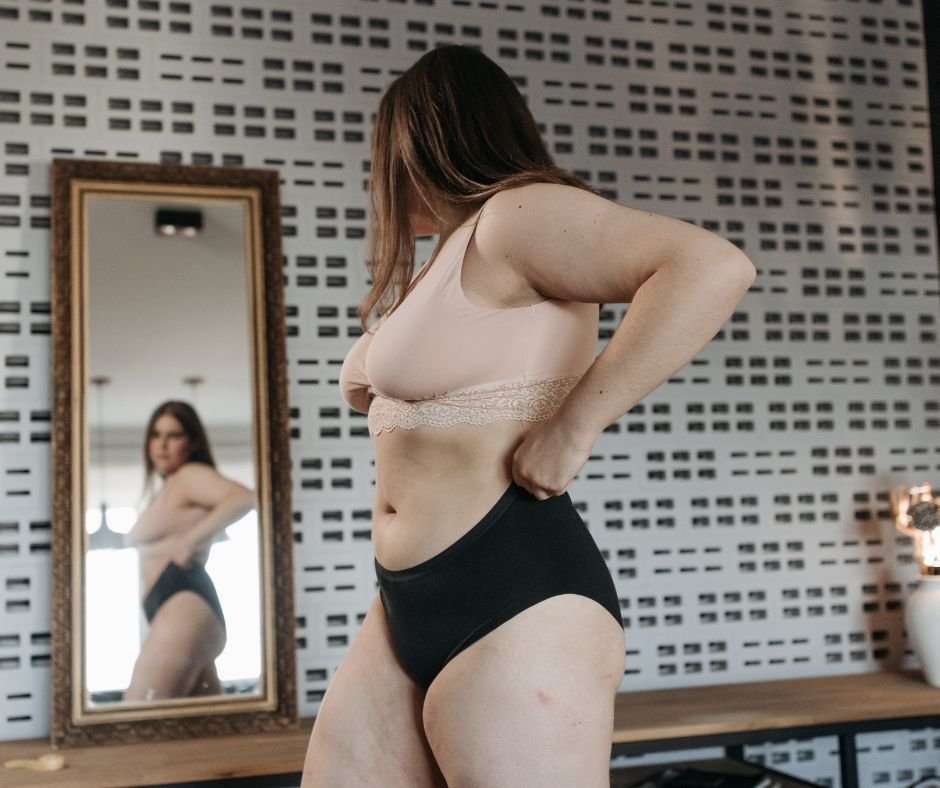
What is Body Dysmorphic Disorder (BDD)?
Body Dysmorphic Disorder (BDD) is a diagnosable mental disorder and can have a devastating impact on a person's life, health and wellbeing. An individual diagnosed with BDD may be said to be 'obsessed' with their appearance and perceived 'flaws'. These may be very minor or entirely non-existent 'flaws'.

Trauma, Abuse and Eating Disorders
Researchers think there are many people with eating disorders who are also suffering from symptoms of post-traumatic stress disorder, or PTSD. There are strong links between eating disorders and a history of childhood sexual abuse and/or adult rape.

Eating Disorder Facts and Myths
Eating disorders can be a way of coping with feelings or situations that are making the person unhappy, angry, depressed, stressed, or anxious. They are not the fault of the person suffering, and no one chooses to have an eating disorder. They are complex psychological issues and have surprisingly little to do with food with you dig really deep into them.

What is OSFED and what counts as disordered eating?
Disordered eating doesn't just mean eating disorders. It includes the binge and restrict cycle, the dieting cycle, restriction of amounts or times of food, overeating in the name of a cheat day and then fasting the next day. Sometimes a person’s symptoms don’t exactly fit the expected symptoms for the clinical criteria for eating disorders. In that case, they might be diagnosed with an “other specified feeding or eating disorder” (OSFED).

What is Orthorexia?
Orthorexia refers to an unhealthy obsession with eating “pure” food. Food considered “pure” or “impure” can vary from person to person. This doesn’t mean that anyone who subscribes to a healthy eating plan or diet is suffering from orthorexia. It is not currently recognised in a clinical setting as a separate eating disorder.

Understanding Bulimia Nervosa
People with bulimia are caught in a cycle of eating large quantities of food (called bingeing), and then trying to compensate for that overeating by vomiting, taking laxatives or diuretics, fasting, or exercising excessively (called purging). Someone with bulimia will place a strong emphasis on their weight and body shape and may see themselves as much larger than they are (links to Body Dysmorphic Disorder).

What You Need To Know About Anorexia Nervosa
A person suffering from anorexia may develop “rules” around what they feel they can and cannot eat, as well as things like when and where they’ll eat. They may engage in body checking behaviours such as weighing and measuring themselves regularly (links with obsessive-compulsive features) and they may experience body dysmorphia (a distorted view of their own body).
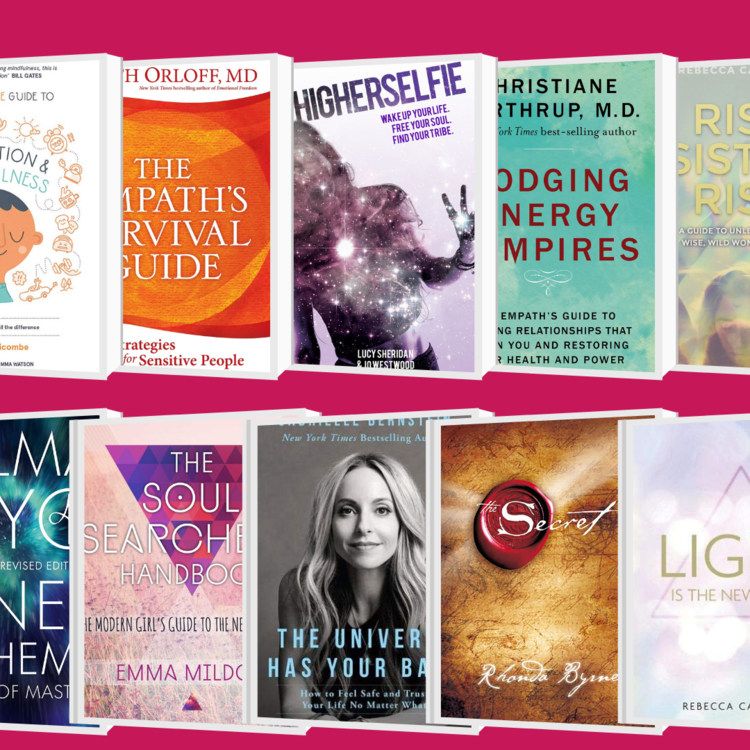
10 Books That Helped Me Find Spirituality During Mental Health and Eating Disorder Recovery
Spirituality is a topic that doesn’t come up very often in eating disorder recovery circles and it may not feel relevant to everyone. But for some, a sense of spirituality or even religion can be a source of support, strength and resilience. Don’t worry, I’m not going to preach to you in this post! I’m simply discussing some of the benefits of spirituality that I’ve personally experienced during my mental health recovery, which also helped strengthen my relationship with my body, and learning to trust it, as well as getting to know my body’s signals and connecting to my inner knowing/intuition.

What Does Your Dieting History Look Like?
For some people, exploring Intuitive Eating and Body Acceptance for the first time, there will still be the temptation to look for 'a better diet' or the 'one that fits'. Here is an exercise I do with my coaching group, where I ask people to look at their own evidence gathered over the years, for why diets don't work!

Don't Just 'Get Back On Track' With Your Health, Redefine The Track
Women aren't struggling to get back on track because of time or motivation. They're struggling because someone (society) told them there was a track in the first place. And the biggest problem with 'track' suggested by society is that it only has one destination: weight loss.

What is diet-culture? And Why Do You Need To Rebel Against it?
Diet Culture is a system of beliefs held by society about food, weight, body sizes and shapes and health. These beliefs are reinforced by industries that directly profit from them, such as the dieting, fitness, beauty (cosmetic surgery) and fashion (shapewear) industries. The media and clinical research which is often funded by weight loss companies, and so these also perpetuate the myths and misconceptions found in diet culture.

Diet Culture and The False Promise of New Year's Day and Mondays
Many of us start diets and set new goals on New Year's day and Mondays, but often abandon these goals by the end of January or mid week. Find out why and how to change this.

Is Intuitive Eating Suitable for You and Are You Ready For It?
Intuitive Eating (IE) is a brilliant approach for making peace with food. But after years of dieting, disordered eating or full blown eating disorders, embracing Intuitive Eating can be a very daunting task. It’s also not suitable for everyone, right away. It’s therefore important to assess honestly, where you’re at with food and eating, before you dive into Intuitive Eating. Here’s some questions to help you assess your readiness…
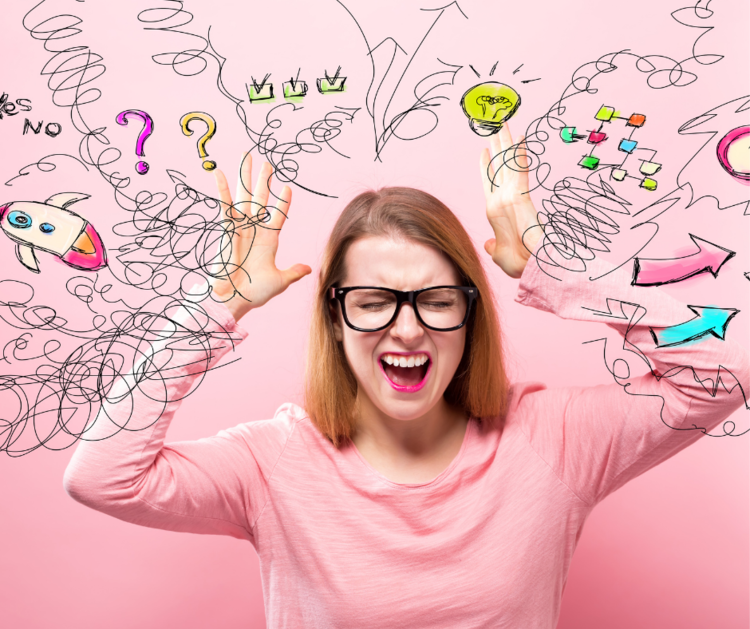
Want to Improve Your Health? Focus on Reducing Stress, Not Weight
Stress, and stress-related illnesses and symptoms are on the rise, and there’s no doubt that COVID-19 has compounded what was already a huge problem for society. In this article, I will explain why stress is so damaging for your health and illustrate how many of the health problems we associate with weight, can be alleviated or managed by tackling mental health rather than fixating on dieting or weight loss.
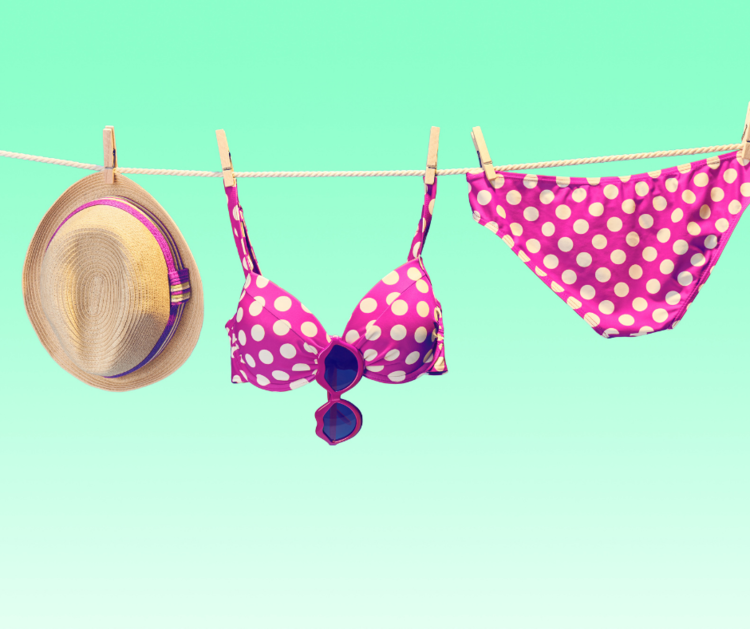
Body Neutrality, Acceptance and Confidence: What's the Difference?
Many of us are wondering how on earth we're meant to like, or even accept our bodies, when we're being told from all angles that something isn't right about them and needs to be changed. Here I explain why it’s important to reach a place of body neutrality first and foremost, then progress to body acceptance/respect and then we may finally find body confidence.
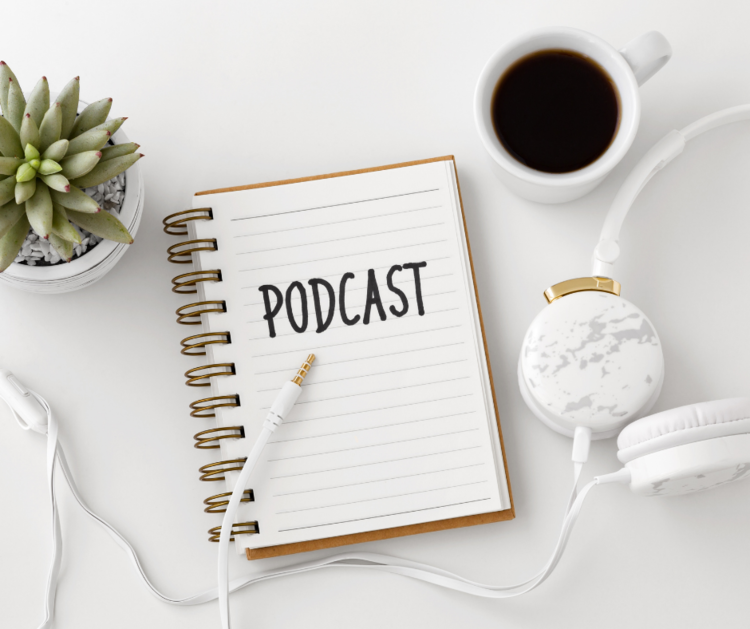
Best Podcasts for Intuitive Eating, HAES, and Ditching Diet Culture
There are loads of great podcasts presented by dietitians, nutritionists, doctors, and therapists. Often, they feature other experts on their shows. It’s a fantastic way to learn a lot about a topic and hear some of the discussions and debates on an issue. Here are my favourite podcasts on Health At Every Size®, Body Positivity, and Intuitive Eating.

Anti Diet, Emotional Eating and Body Positivity Books
Looking to make peace with food, exercise and your body? These are the books you need to start with. These books cover the topics of intuitive eating, body confidence, emotional eating and listening to your body's own cues and wisdom.
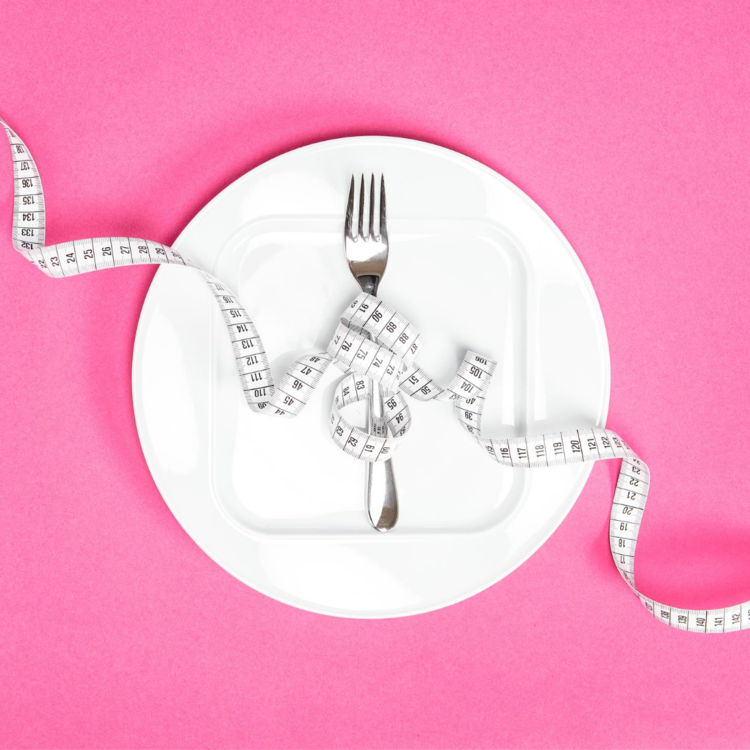
The Dangers of Diet Culture
Diet culture is life-threatening, toxic and damaging to both our physical and mental health. It can also spread like wildfire through the family tree. Many of the women on my courses have spoken of their friends, mothers, sisters and aunts dieting. If you struggle with disordered eating now, I can pretty much guarantee that someone in your circle has experimented with diets, body-shamed you or body shamed themselves in front of you. Can you relate to my story?
